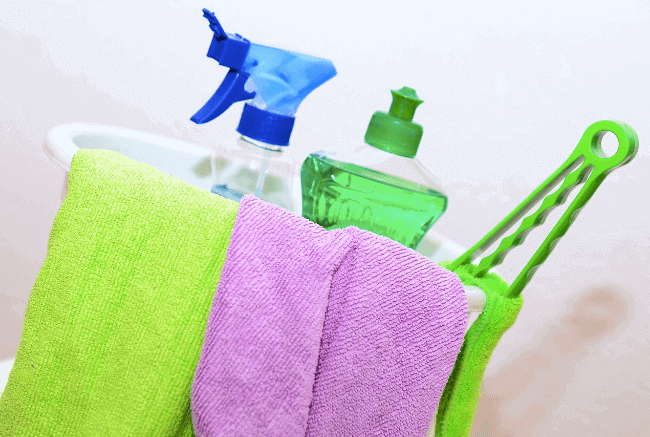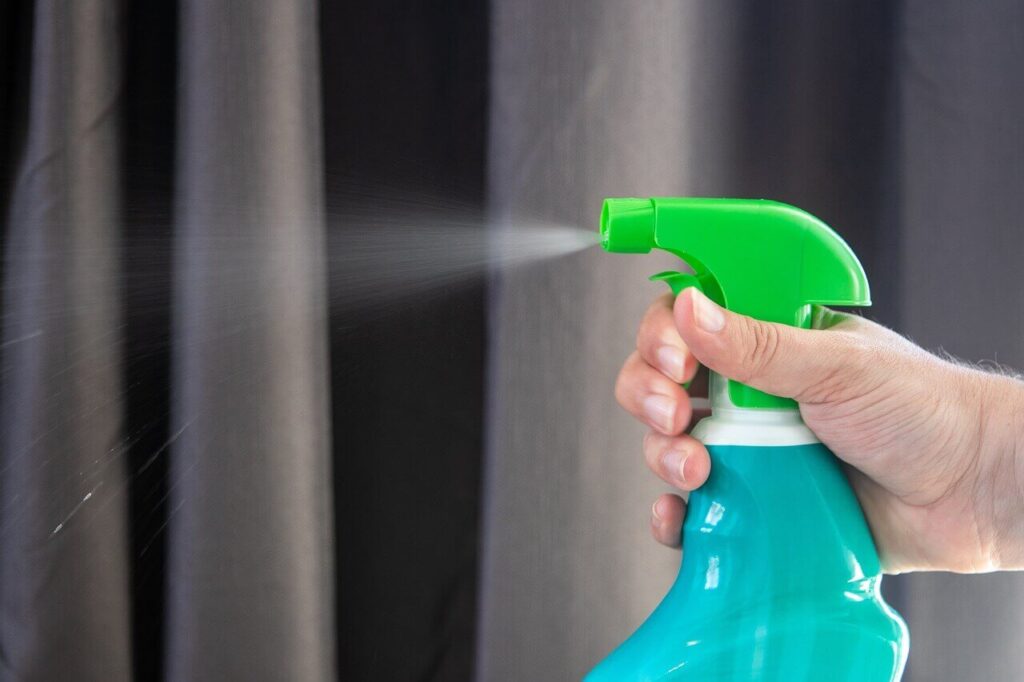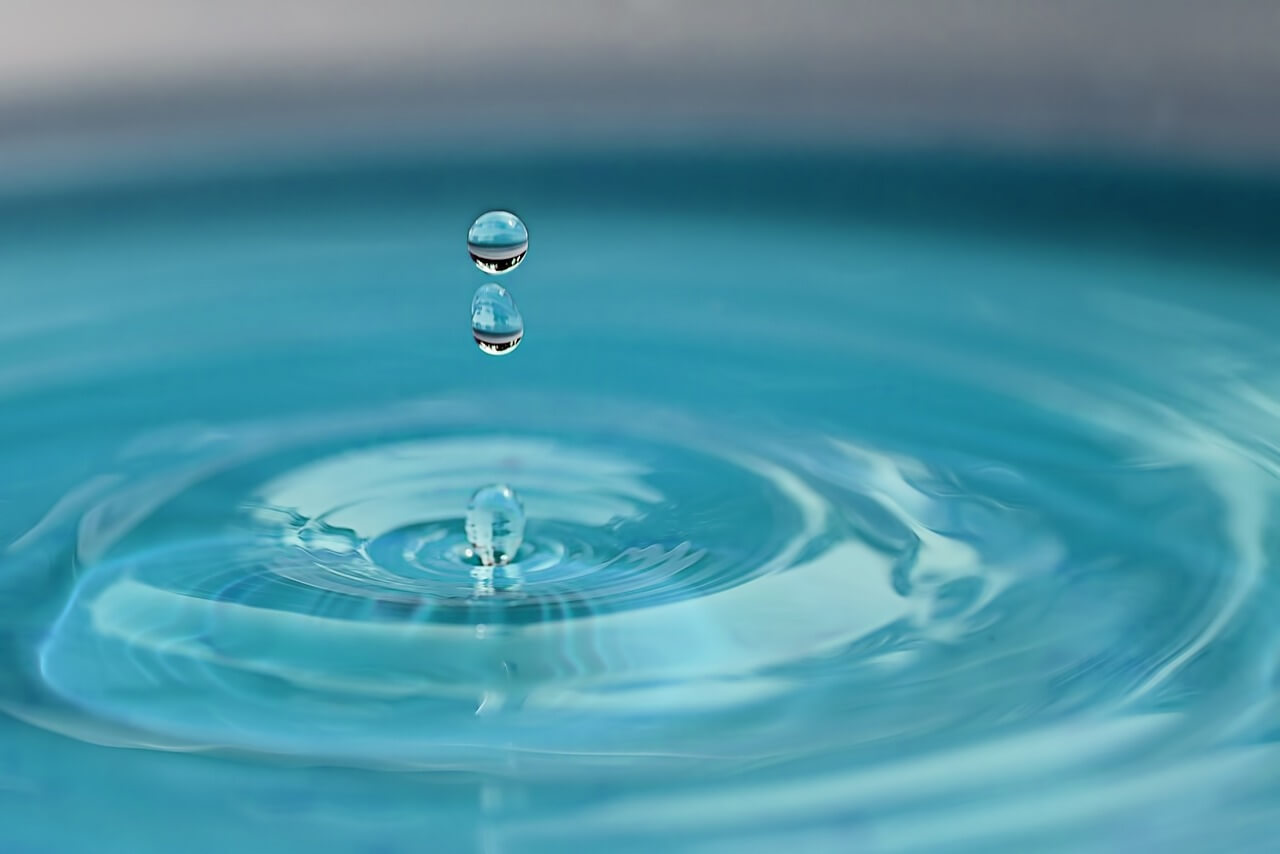Maintaining a clean environment is crucial for health and safety, but sometimes, regular cleaning is not enough. This is where deep cleaning comes in—a comprehensive and meticulous process aimed at eliminating hidden dirt, grime and bacteria. Deep cleaning goes beyond the surface, ensuring spaces are hygienic, safe and welcoming.

What Is The Difference Between Regular Cleaning and Deep Cleaning?
While regular cleaning focuses on maintaining a tidy and orderly space, deep cleaning addresses areas often overlooked. Regular cleaning typically involves dusting, vacuuming and sanitising visible surfaces. In contrast, deep cleaning targets those hard-to-reach spots, such as behind appliances, under furniture and high-touch areas like door handles and light switches.
Deep cleaning is essential in commercial and residential settings to eliminate bacteria and allergens. A study by the Royal Society for Public Health found that 80% of workers believed that cleanliness in the workplace positively affected their productivity and well-being. This highlights the importance of creating a clean and healthy environment.
Why is Deep Cleaning Necessary?
Deep cleaning is not just about appearance; it is a critical part of maintaining health and safety standards. Over time, dirt and germs can accumulate in places that are not part of regular cleaning routines. These build-ups can contribute to the spread of bacteria, viruses and allergens, posing health risks to occupants.
For businesses, deep cleaning is often a legal and industry requirement, particularly in sectors like healthcare, food service, and education. A clean environment ensures compliance with regulations and promotes the well-being of employees and customers. In the UK, research has shown that poor hygiene in workplaces can cost businesses £1.56 billion annually due to sick days.
What are The Key Areas To Target During a Deep Clean?
A deep clean involves a thorough approach to all areas of a space, focusing on hygiene and eliminating hidden dirt. Key areas include:
| Floors and Carpets | Deep cleaning removes embedded dirt, stains and allergens from carpets and hard flooring. |
| Bathrooms and Kitchens | High-touch surfaces, grout lines and appliances are meticulously scrubbed and sanitised. |
| Air Vents and Ducts | These are cleaned to improve air quality and reduce the risk of respiratory issues. |
| Furniture and Fixtures | Upholstery and fixtures are cleaned to remove dust, dirt and stains. |
In commercial settings, such as offices or retail spaces, this process often extends to disinfecting shared equipment and spaces like meeting rooms and break areas.
What Are The Benefits of a Deep Clean?
Deep cleaning offers numerous benefits, particularly for businesses aiming to maintain high standards. One significant advantage is the improved health of occupants, as removing dust and allergens can reduce respiratory issues and allergic reactions. Additionally, deep cleaning enhances the longevity of furnishings and appliances by preventing dirt and grime build-up.
For businesses, a clean and professional environment boosts client confidence and employee satisfaction. A study conducted by ISSA, the Worldwide Cleaning Industry Association, revealed that cleanliness directly impacts employee morale, with clean workplaces increasing productivity by up to 12%.
When Should You Schedule a Deep Clean?
The frequency of deep cleaning depends on the nature and use of the space. For residential properties, it is recommended to deep clean every six months to a year. In contrast, commercial spaces, especially those in industries like healthcare or food service, may require quarterly or even monthly deep cleaning to meet hygiene standards.
Seasonal changes often prompt the need for deep cleaning. For example, after winter, a deep clean can help eliminate the dust and dirt accumulated during the colder months. Similarly, before major events or after renovations, a thorough cleaning ensures the space is ready for use.
Why is It Good To Choose a Professional Deep Cleaning Service?
While some deep cleaning tasks can be done independently, hiring a professional cleaning service like Serna FM ensures the job is done to the highest standards. We use specialised equipment, techniques and cleaning products to achieve optimal results. This is particularly important for businesses aiming to comply with health and safety regulations.
Serna FM has a plethora of experience in deep cleaning and a strong reputation for quality. You can discuss your specific needs with us to ensure we provide tailored solutions for your space.
What Are Some Environmental Considerations in Deep Cleaning?
Modern cleaning practices increasingly prioritise environmental sustainability. Many professional cleaning services use eco-friendly products and methods to reduce their impact on the planet. This approach not only benefits the environment but also promotes healthier indoor air quality for occupants.
Businesses and homeowners alike should seek cleaning services that align with green initiatives, ensuring a clean space without compromising the environment. Eco-friendly deep cleaning is an investment in both health and sustainability.

What Is The Future of Deep Cleaning?
With advancements in technology, deep cleaning is becoming more efficient and effective. From robotic vacuums to steam cleaning and electrostatic sprayers, innovation is transforming how spaces are cleaned. These advancements allow for thorough disinfection while minimising time and effort.
As awareness of hygiene’s importance grows, the demand for deep cleaning services continues to rise. Businesses and homeowners increasingly recognise the value of investing in thorough cleaning to ensure safety and comfort.
The Bottom Line
Deep cleaning is an essential part of maintaining a clean, healthy and inviting space. By addressing hidden dirt and bacteria, it promotes health, prolongs the life of furnishings and boosts confidence in homes and workplaces. With professional services and a focus on sustainability, deep cleaning is a worthwhile investment in well-being and hygiene for any space.

